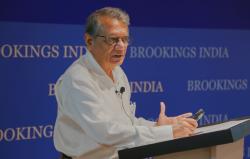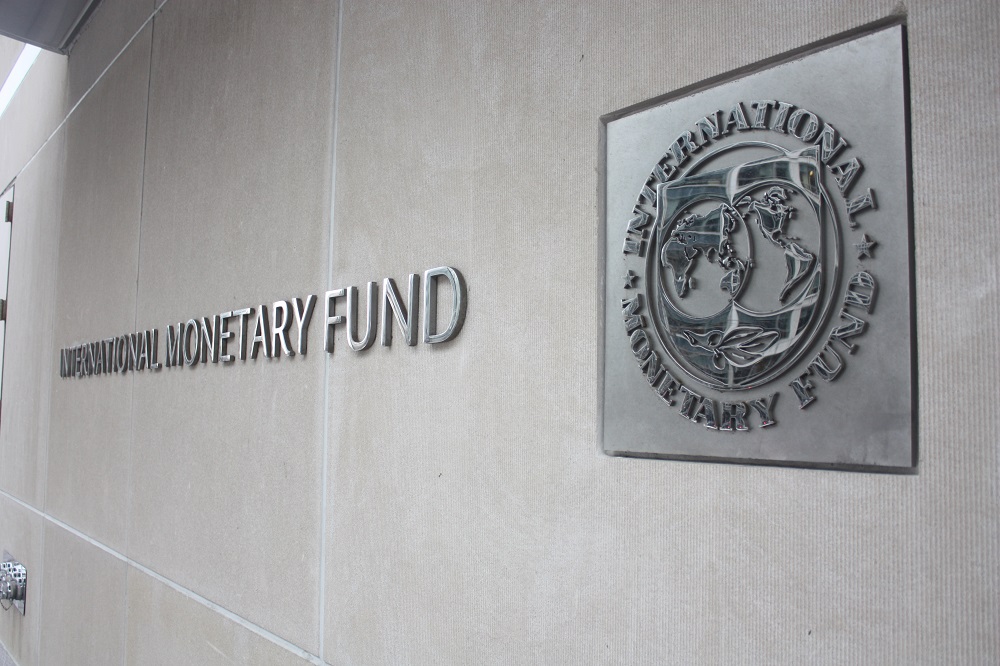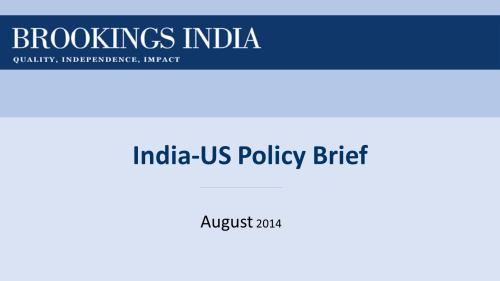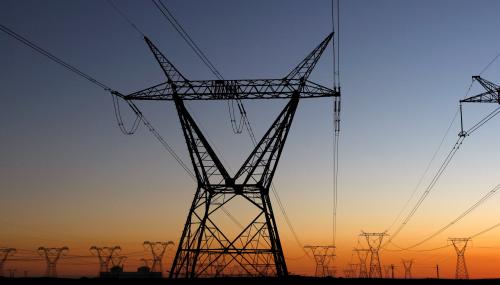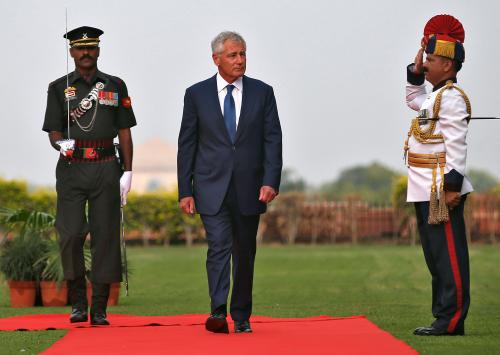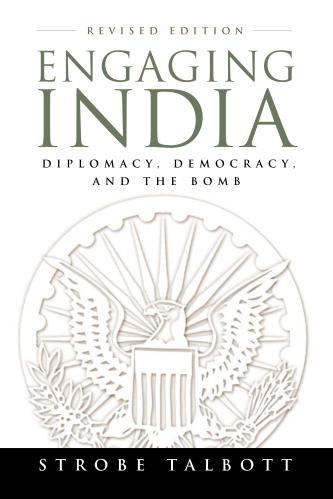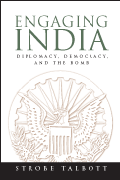Content from the Brookings Institution India Center is now archived. After seven years of an impactful partnership, as of September 11, 2020, Brookings India is now the Centre for Social and Economic Progress, an independent public policy institution based in India.
Although the role of the emerging economic powers is increasing, their soft power is not rising at the same pace, explores Brookings India Distinguished Fellow Dr Rakesh Mohan in this policy brief.
KEY POLICY HIGHLIGHTS:
- The centre of gravity of the global economy is shifting back towards Asia from the North Atlantic. This change however, is not reflected in the framework of global economic governance.
- International finance organisations remain dominated by advanced economies resulting in the creation of new institutions led by emerging and developing economies, particularly by the BRICS, such as AIIB, BRICS New Development Bank, and the Currency Reserve Arrangement (CRA).
- Emerging economies are currently experiencing a slowdown, due to the downturn in oil and commodity prices. In order to return to a path of sustained growth, appropriate policy reforms need to be taken.
- Excessively accommodative monetary policies have led to the existence of large debt overhangs in advanced and emerging markets.
- As international financial markets have become more interconnected, resolution of financial and balance of payments crises need large international resources. Thus, the case for the existence of the IMF can be made, however, it needs to be adequately resourced.
- The IMF must have adequate and permanent quota resources to retain and enhance its credibility and legitimacy.
- Quota resources can be increased regularly corresponding to the expanding size of the global economy and financial markets. Regular quota reviews will also ensure that emerging powers get their rightful share in the IMF’s governance.
- The IMF governance structure needs to become more inclusive – the informal agreement that the IMF must be headed by a European national must to revisited to allow other nationalities to be given a fair chance.
Co-authored by Muneesh Kapur
The Brookings Institution is committed to quality, independence, and impact.
We are supported by a diverse array of funders. In line with our values and policies, each Brookings publication represents the sole views of its author(s).
